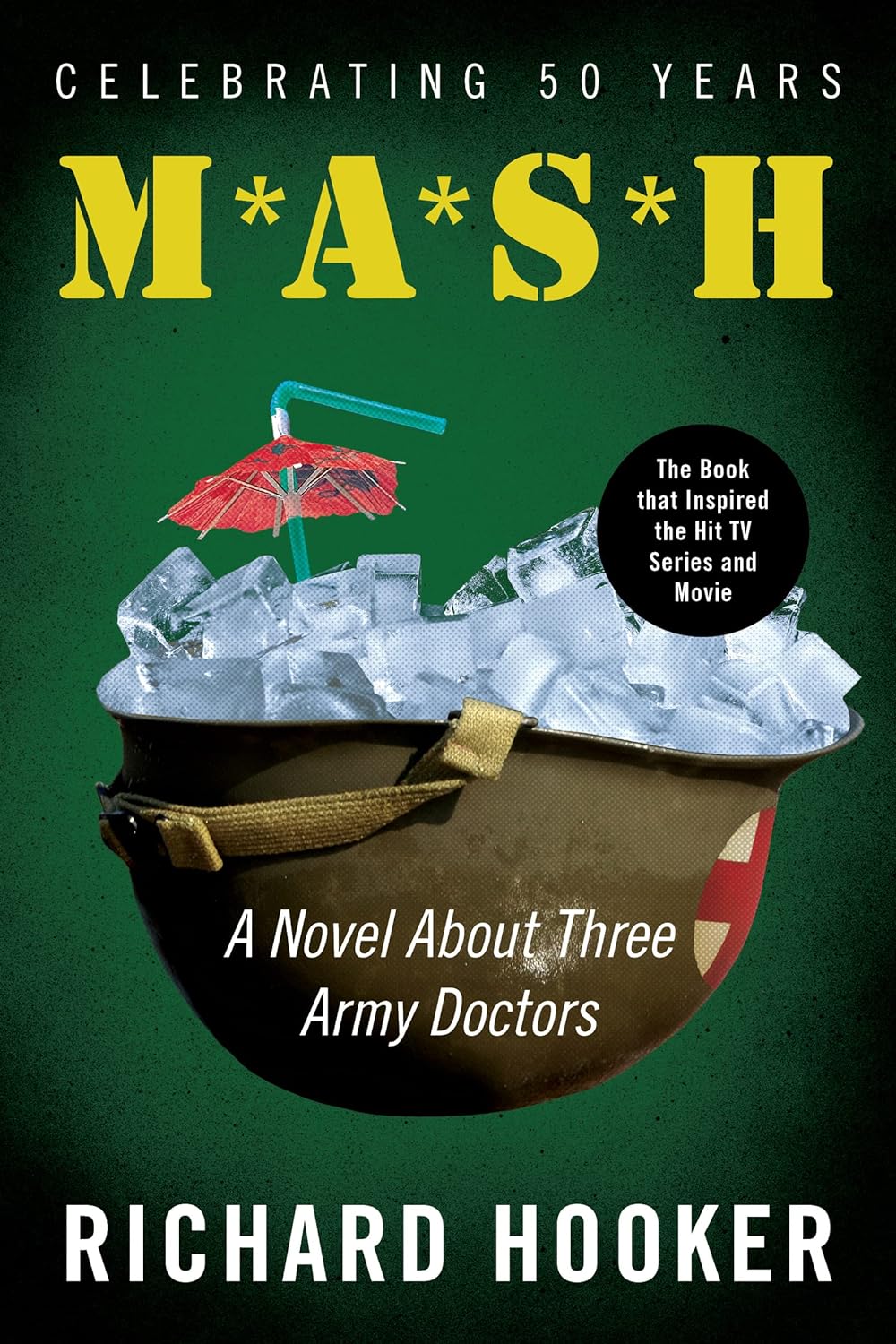What do you think?
Rate this book


226 pages, Kindle Edition
First published January 1, 1968


"Normal people go crazy in this place."
”What are you doing here, gentlemen?” he asked.
“Buildin’ us a mermaid trap,” Duke informed him. “Y’all want to help?”
The Colonel was trying to blend into the environment. “I see,” he said. “Where do you expect to catch mermaids?”
“The river’s alive with them,” answered Trapper.
“I see,” said the Colonel again. “Assuming that you are able to catch one of these creatures, what do you propose to do with it?”
Hawkeye gave the Colonel a look of impatience and scorn. “We’re gonna screw the ass off her,” he stated.
The Colonel was trying desperately to hang in there. “Do you have reason to believe that mermaids may be effectively utilised for that purpose?”
“Oh, Finest Kind,” Hawkeye assured him.
“Numero Uno,” said Trapper John.
“Yeah,” said the Duke.
Colonel DeLong departed to his tent to think. Colonel Blake, before departing for Tokyo, had deliberately and perhaps maliciously not briefed him on the Swampmen.